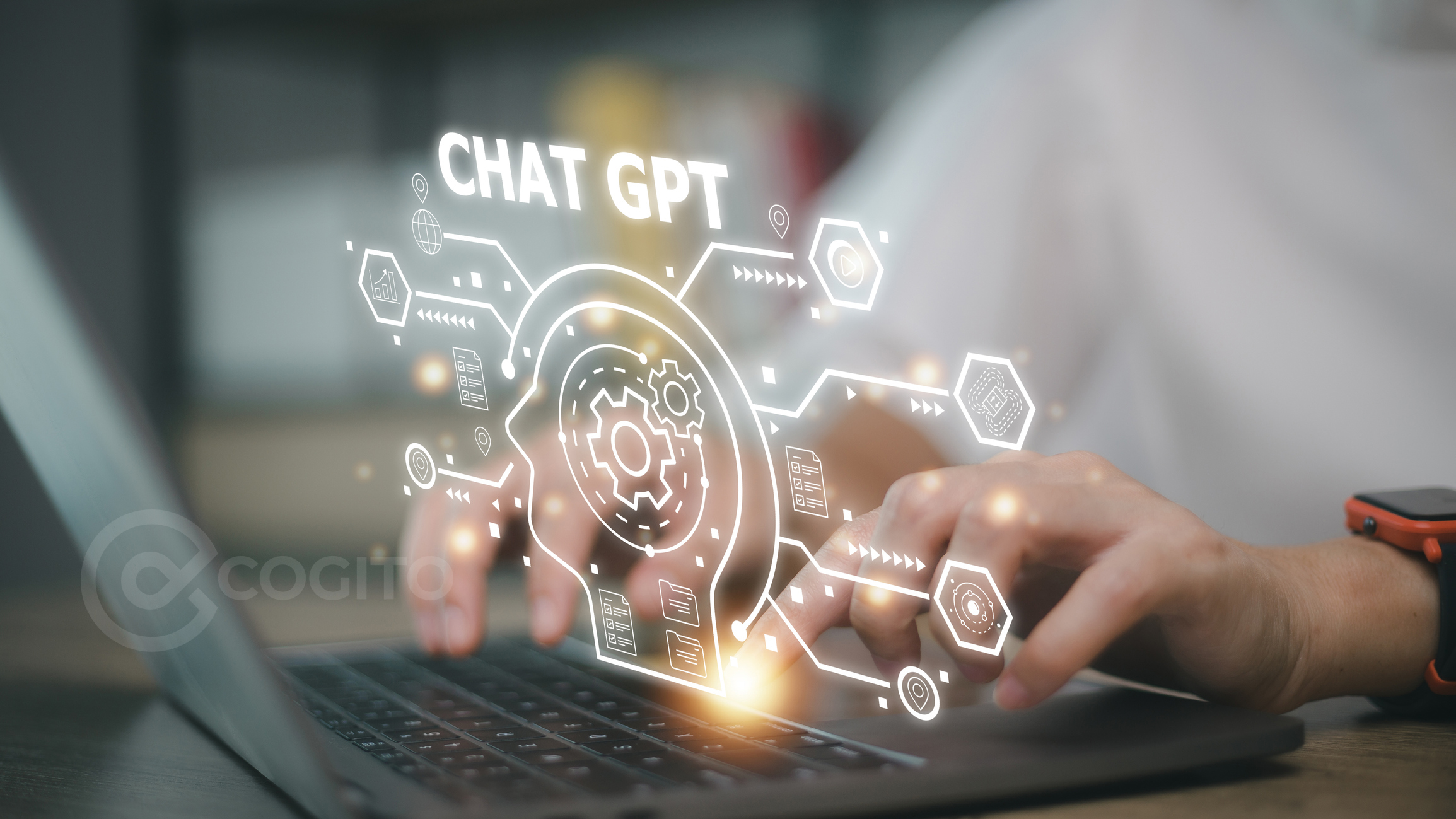
The widespread release of generative AI tools, for example ChatGPT, has led to some students integrating these tools into daily aspects of their lives. A large portion of students are using AI tools to generate, refine, and curate their college application and career materials. Some others are even writing scripts to automate the application process, creating custom materials for each application and automatically applying to every open position.
Since Applicant Tracking Systems (ATS) are increasingly used for first stage resume review by many employers, there is growing pressure by job applicants to submit machine-readable professional resumes. And there are already numerous companies serving that exact need.
For admissions but particularly for internships and job applications this creates a new challenge: it is incredibly difficult to assess each applicant’s skills and abilities since their applications mostly echoed the provided job descriptions.
This challenge can be solved by implementing a rigorous qualification rubric and by manually review resumes for clear evidence of claimed skills, looking for badges, credentials, and portfolio items. The adoption and use of a personal digital wallet, an individualized and digital Comprehensive Learner and Employment Record is going to become increasingly necessary.
It will also require the adoption of interview practices to validate skills and encourage personal voice, asking candidates to discuss their ideas for the future, approach to skill development, and unique examples from their experiences.
It is true that higher education institutions have developed sophisticated mechanisms to detect the utilization of AI writing tools, such as ChatGPT or other similar technologies, in college admissions essays.
Many admissions officers, who possess extensive experience and expertise in reviewing countless essays, are well-trained to identify the nuances and subtleties that differentiate human writing from content generated by AI.
Early in 2024, The Washington Post analyzed the role of ChatGPT in admission essays and how during application season, colleges and universities show concerns that students might use AI tools to forge admissions essays.
Computer science and college admissions experts say that AI-created essays have some easy tells. For example, responses written by ChatGPT often lack specific details, leading to essays that lack supporting evidence for their points. The writing is trite and uses platitudes to explain situations, rather than delving into the emotional experience of the author.
Other experts indicate that the essays are often repetitive and predictable, leaving readers without surprise or a sense of the writer’s journey. If chatbots produce content on issues of race, sex or socioeconomic status, they often employ stereotypes. These are all red flags.
In some instances, colleges employ various plagiarism detection software and tools to ensure the originality and integrity of the application materials. These tools are capable of identifying instances of copied or unoriginal content, including essays generated by AI. Experts also say that AI may be sufficient to use for everyday writing, but it is particularly unhelpful in creating college admissions essays.
While AI-generated content may exhibit impressive language proficiency and coherency, it often lacks the genuine human touch that stems from personal experiences and perspectives. Some admissions officers indicate that they can discern when an essay lacks the authentic voice and individuality that come from genuine human expression.
As students grow with generative AI as a commonplace tool, leveraging it for college applications into admissions and mainly later for job applications comes naturally to them. These challenges will become widespread for higher education institutions, for hiring managers and employers. AI tools such as ChatGPT may still not be there yet but as technology accelerates, this will continue to fundamentally change some of the best practices in higher education and beyond.
